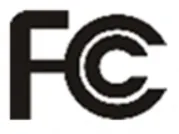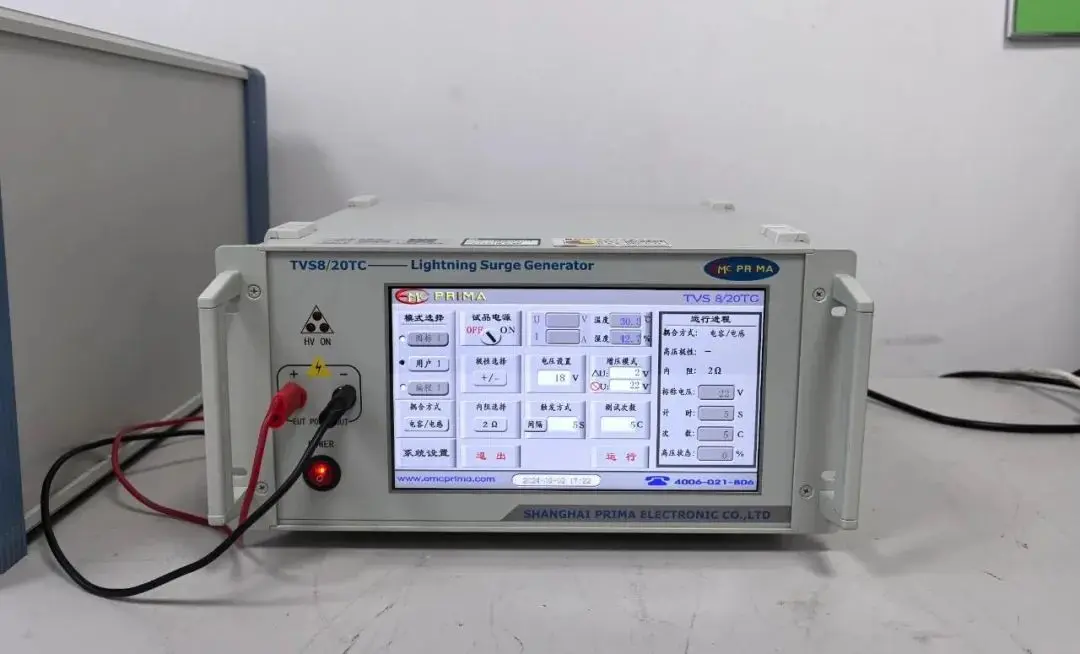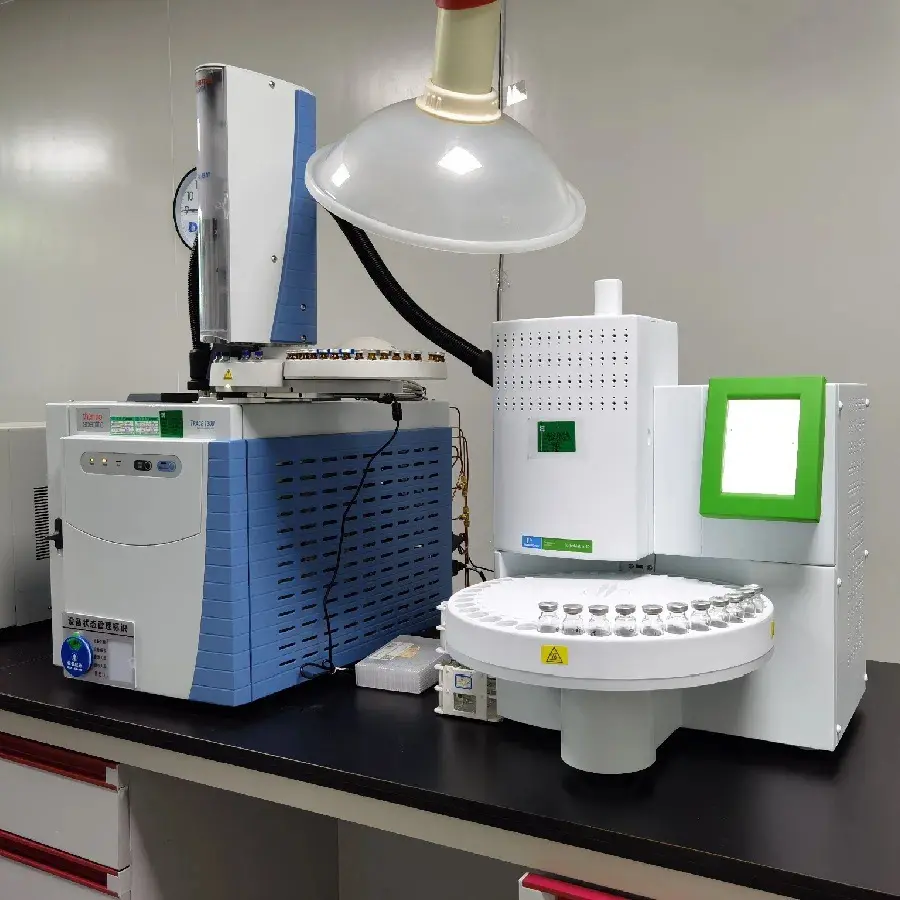
FCC Part 15 EMC Testing for U.S. Mobile Phones
With the continuous advancement of technology, modern life has become inseparable from mobile phones. These devices play a crucial role in our daily lives, serving as essential tools for communication with friends and family, work-related interactions, and accessing information. Therefore, the quality and safety of mobile phones are of utmost importance. To ensure compliance with U.S. market regulations, FCC certification has become a necessary step. This article will introduce the background of FCC certification and the electromagnetic compatibility testing requirements of fcc part 15.

The Federal Communications Commission (FCC) is responsible for regulating and managing the communications industry in the United States. All electronic devices, including mobile phones, must obtain FCC certification before being sold in the U.S. market to ensure that they meet the standards set by the FCC and comply with relevant regulations.
One of the core standards of FCC certification is FCC Part 15, which outlines the requirements for the electromagnetic compatibility (EMC) of electronic devices. EMC refers to the ability of an electronic device to function properly in its electromagnetic environment without causing or suffering from interference with other devices and systems. FCC Part 15 mandates that devices must not cause harmful interference during normal operation and must be resistant to external interference.
To comply with FCC Part 15, mobile phones must undergo electromagnetic compatibility testing as part of the FCC certification process. These tests include radiation tests, harmonic tests, and conduction tests. Radiation testing measures the level of radiation emitted by the phone during signal transmission to ensure it does not exceed the FCC's specified safety levels within the designated frequency ranges. Harmonic testing checks whether the phone generates harmonic signals at other frequencies during operation. Conduction testing assesses the phone's electronic components' sensitivity to external electromagnetic fields, ensuring that external interference does not disrupt normal operation.
In addition to electromagnetic compatibility testing, FCC Part 15 also specifies requirements such as electromagnetic energy limits, radiofrequency (RF) electromagnetic field labeling, and information disclosure. Electromagnetic energy limits restrict the amount of electromagnetic energy emitted by the device to ensure it does not exceed the FCC's safety thresholds. RF electromagnetic field labeling requires devices to be marked with the appropriate RF energy emission levels, alerting users to potential radiation exposure. Information disclosure mandates that manufacturers provide relevant product information and clear, understandable user manuals to ensure proper use of the mobile phones.
Obtaining FCC certification provides consumers with peace of mind when making a purchase. A mobile phone that has received FCC certification demonstrates that it meets the FCC's requirements for electromagnetic compatibility and radiation levels and has undergone rigorous testing and evaluation. Consumers can refer to the FCC certification label when purchasing a mobile phone, choosing certified products to ensure quality and safety.
In summary, FCC certification is one of the essential certifications for mobile phones sold in the U.S. market. The electromagnetic compatibility testing requirements of FCC Part 15 are a key component of this certification. These tests ensure that mobile phones perform reliably in electromagnetic environments and that their impact on other devices and systems complies with FCC regulations. When buying a mobile phone, consumers can opt for products with FCC certification labels for higher quality and safety assurance.
China's JJR Laboratory offers FCC Part 15 electromagnetic compatibility testing services, helping corporate clients save 30% on certification costs.
Email:hello@jjrlab.com
Write your message here and send it to us
 Amazon UL Standard Test Report
Amazon UL Standard Test Report
 When Can FCC ID Modifications Be Filed?
When Can FCC ID Modifications Be Filed?
 LoRa Certification Testing Laboratory
LoRa Certification Testing Laboratory
 Blood Pressure Monitor Certification Testing Servi
Blood Pressure Monitor Certification Testing Servi
 ECG Device Certification Testing
ECG Device Certification Testing
 Pulse Oximeter Certification and Testing Standards
Pulse Oximeter Certification and Testing Standards
 IVD Medical Device GB 4793:2024 Test Report
IVD Medical Device GB 4793:2024 Test Report
 IECEE CBTL Testing Laboratory for IVD Medical Devi
IECEE CBTL Testing Laboratory for IVD Medical Devi
Leave us a message
24-hour online customer service at any time to respond, so that you worry!




